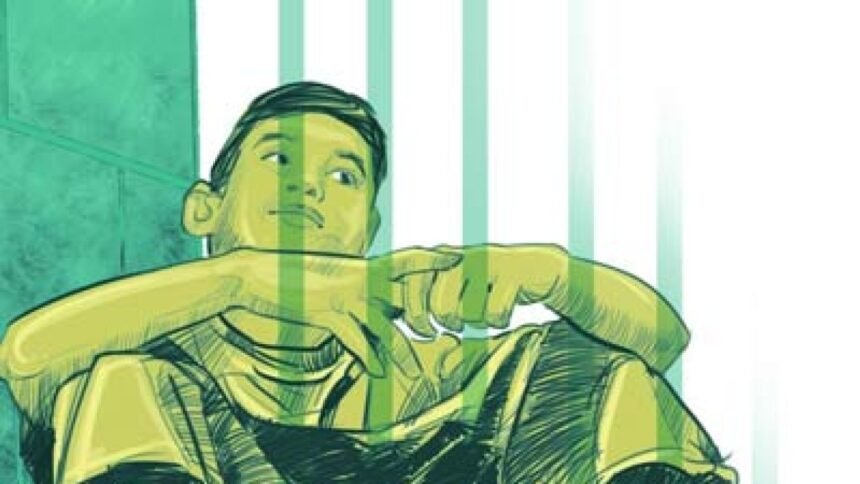The same goes for New Zealand, which means the date within which the offense is said to have been committed is the right date for assessing the juvenile offender’s age. An aggressor is a person who commits the offense when a child offender is 10, 11, 12, or 13 years old.
Children between the ages of 10 and 14 shall not be penalized for any crime other than assassination or massacre, and the Children, Young People and their Family Act (CYPFA) of 1989 provided the kid realizes either that the omissions are morally undesirable or that they are against the law.
The prosecutor must prove that the defendant believed the act or crimes were illegal or unlawful as well. A preliminary hearing will be held by the Court of Justice. With certain exclusions, the CYPFA laws apply as if the kid were an actual young person in these cases.
The main point of comparison should not only be in terms of the Nation but also, how it is different when Adults are compared to the children as the offenders.

Linguistic issues, cultural notions, various limits of criminal activity, different definitions of delinquency, and different ages of majority may all limit cross-cultural evaluations. Studies in this area must, in all cases, distinguish between juvenile and adult offenders for various reasons one of the most interesting facts is that all countries, if not all, and then at least nearly every country tries to impose such punishment that changes the mentality of the juvenile.
In simpler words, they try sending them in youth courts and then further to centers where these mentalities could be tackled and those children can come out are better.


